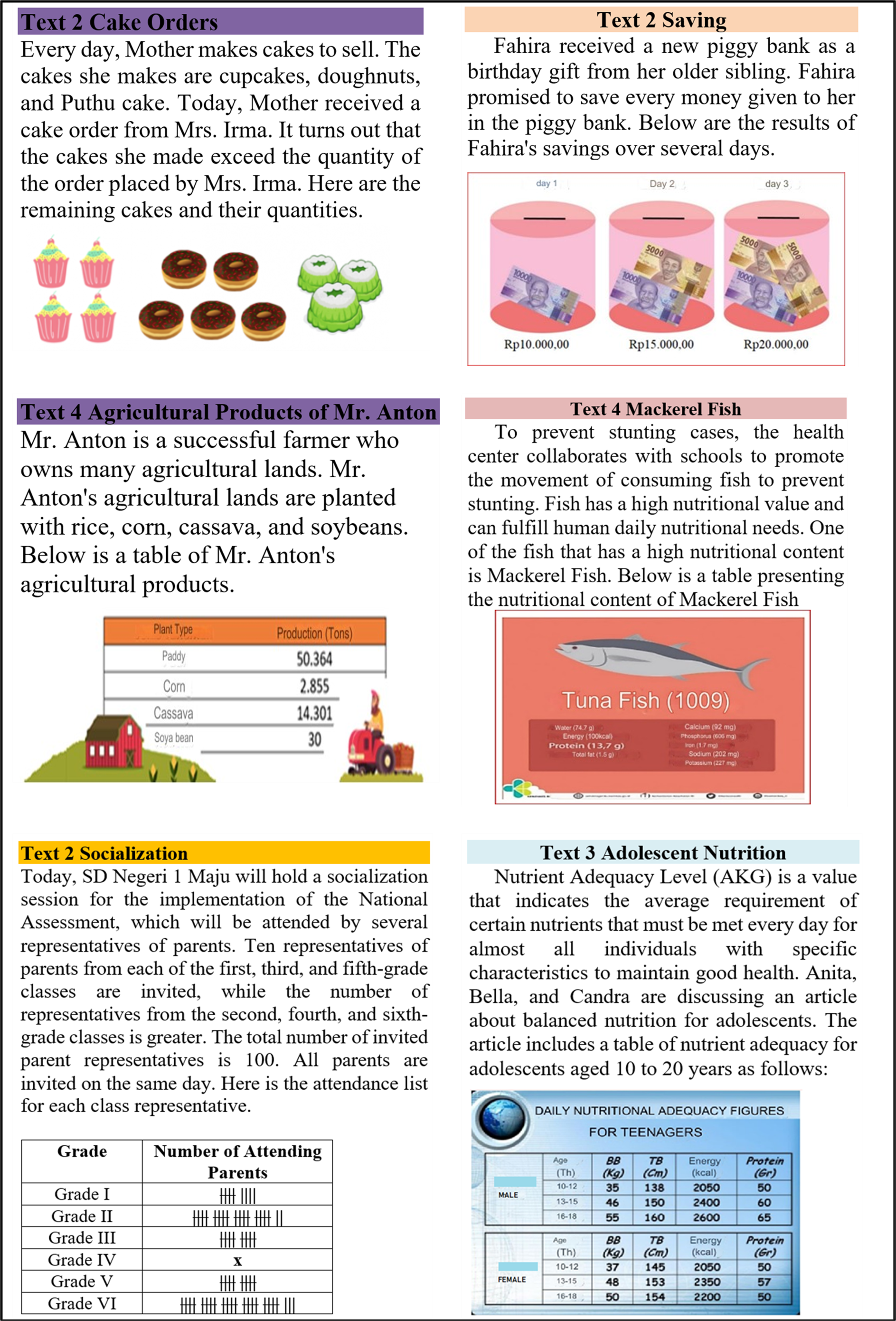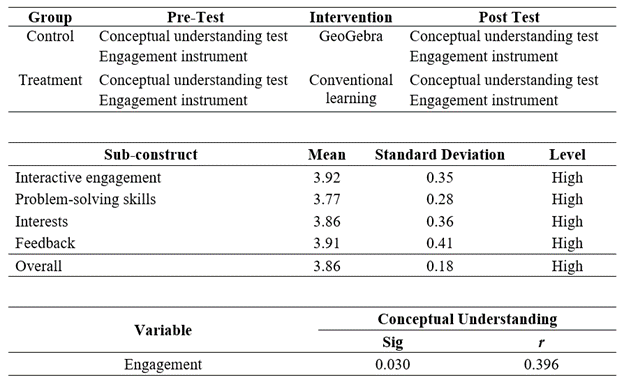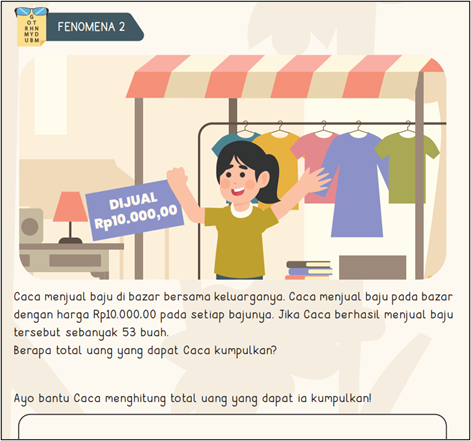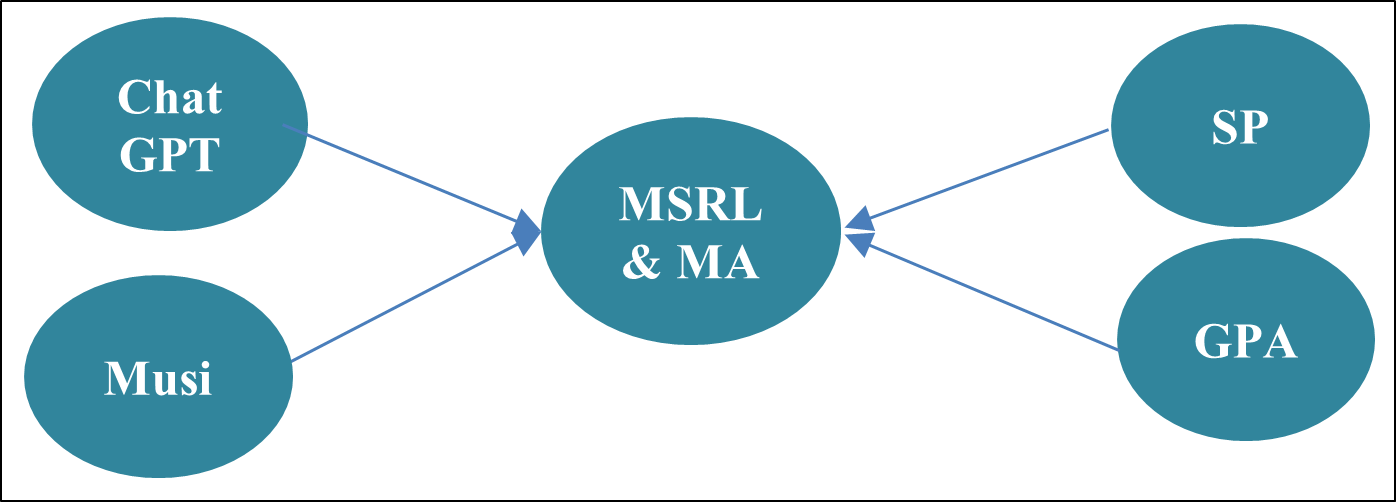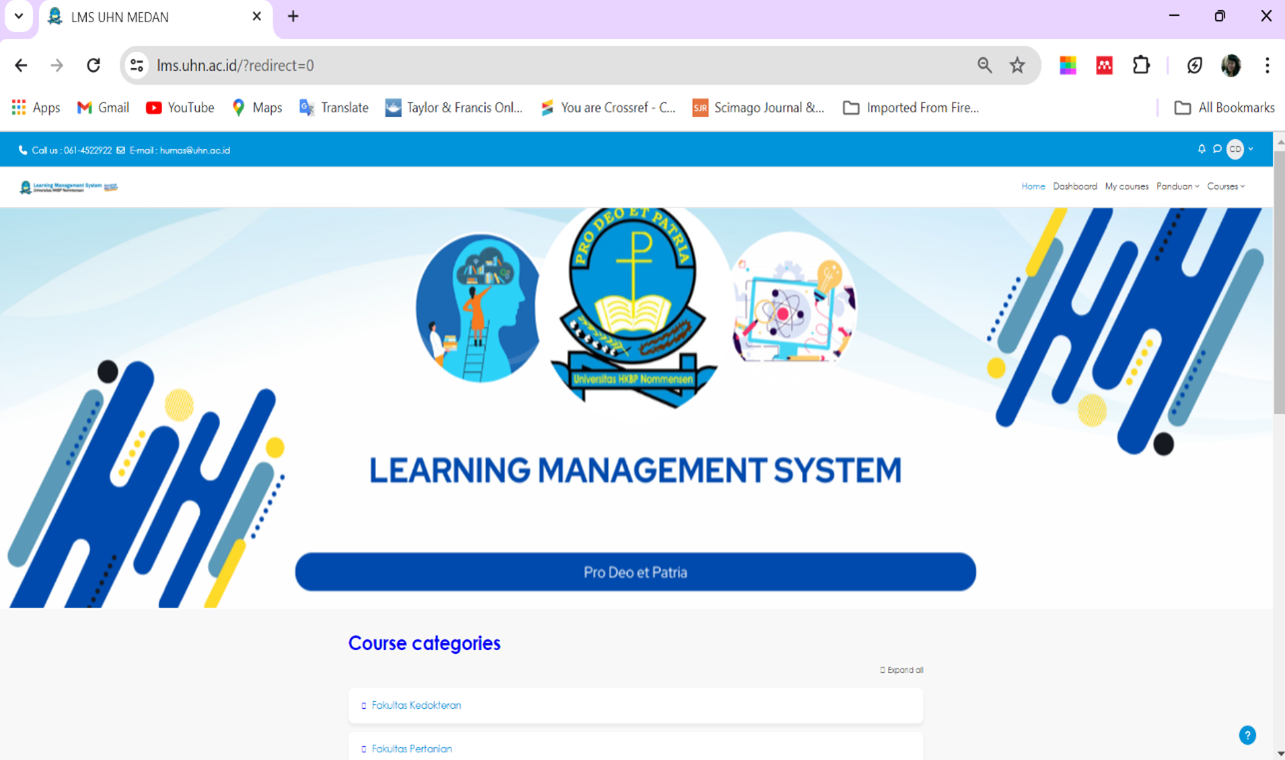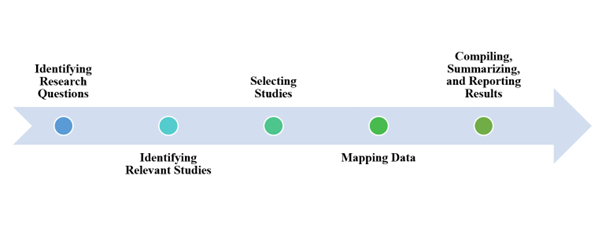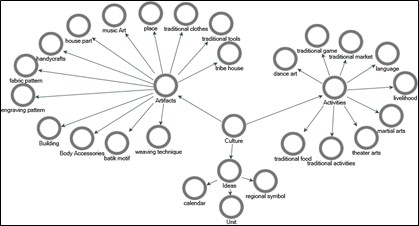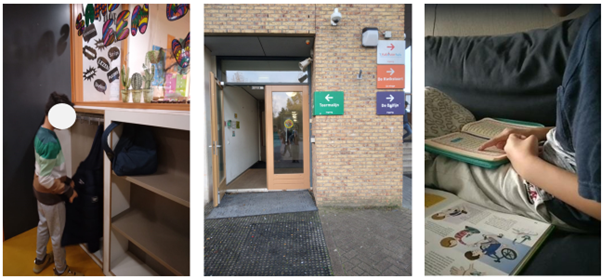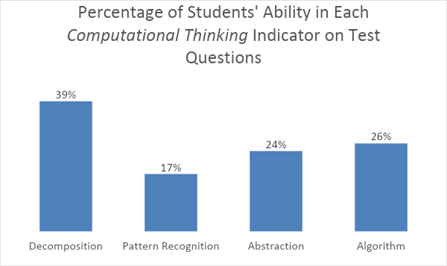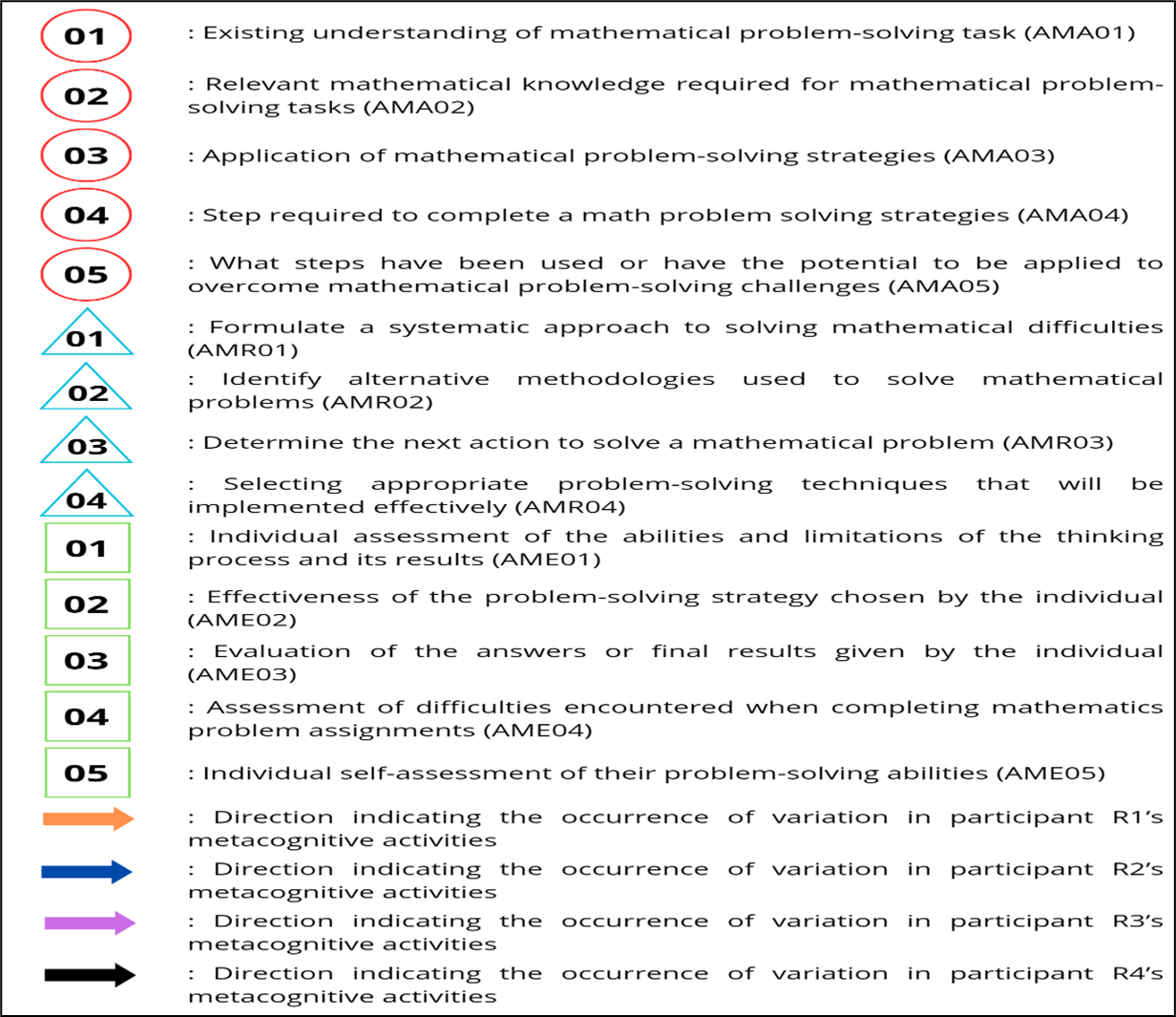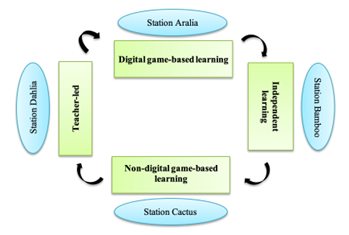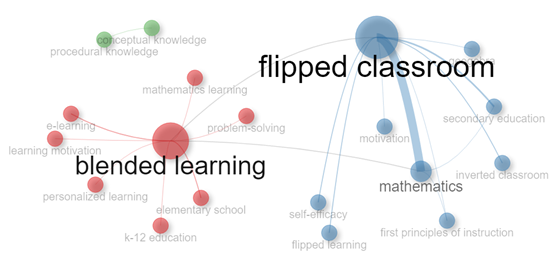Infinity Journal Volume 13 Issue 2 (September 2024) has been available online since March 16, 2024, for the regular issue of September 2024. All articles in this issue (15 research articles) covers 60 authors from 7 countries of origin (Austria; Brunei Darussalam; Hungary; Indonesia; Malaysia; Netherlands; Saudi Arabia).
Published: 2024-03-16
Articles
The development of realistic mathematics education-based student worksheets to enhance higher-order thinking skills and mathematical ability
285-300 Pages
Realistic mathematics education (RME) to improve literacy and numeracy skills of elementary school students based on teachers’ experience
301-316 Pages
The role of GeoGebra software in conceptual understanding and engagement among secondary school student
317-332 Pages
Fostering mathematical connections and habits of mind: A problem-based learning module for elementary education
333-348 Pages
The students' mathematics self-regulated learning and mathematics anxiety based on the use of chat GPT, music, study program, and academic achievement
349-362 Pages
Analysis learning outcomes of mathematics education student in the online learning
363-376 Pages
Learning obstacles on fractions: A scoping review
377-392 Pages
Exploration of ethnomathematics research in Indonesia 2010-2023
393-412 Pages
When religion meets mathematics: From mathematical anxiety to mathematical well-being for minority group student
413-440 Pages
Computational thinking ability in mathematics learning of exponents in grade IX
441-456 Pages
Exploration of mathematical concepts in Batik Truntum Surakarta
457-476 Pages
Revealing the uniqueness of variations in prospective teachers' metacognitive activities in solving mathematical problems based on gender
477-500 Pages
Mastering fractions and innovating with the station rotation model in blended learning
501-530 Pages
Global trends in flipped classroom research within mathematics education over past two decade: A bibliometric analysis
531-552 Pages
The effect of experiential learning and directed instructions assisted by augmented reality on students' self-regulated learning
553-568 Pages


